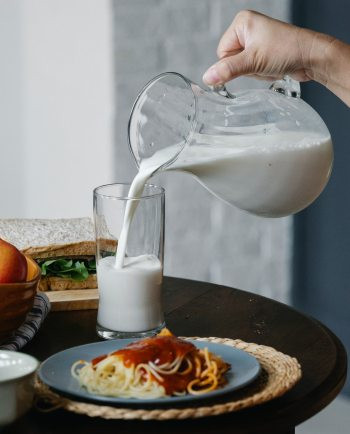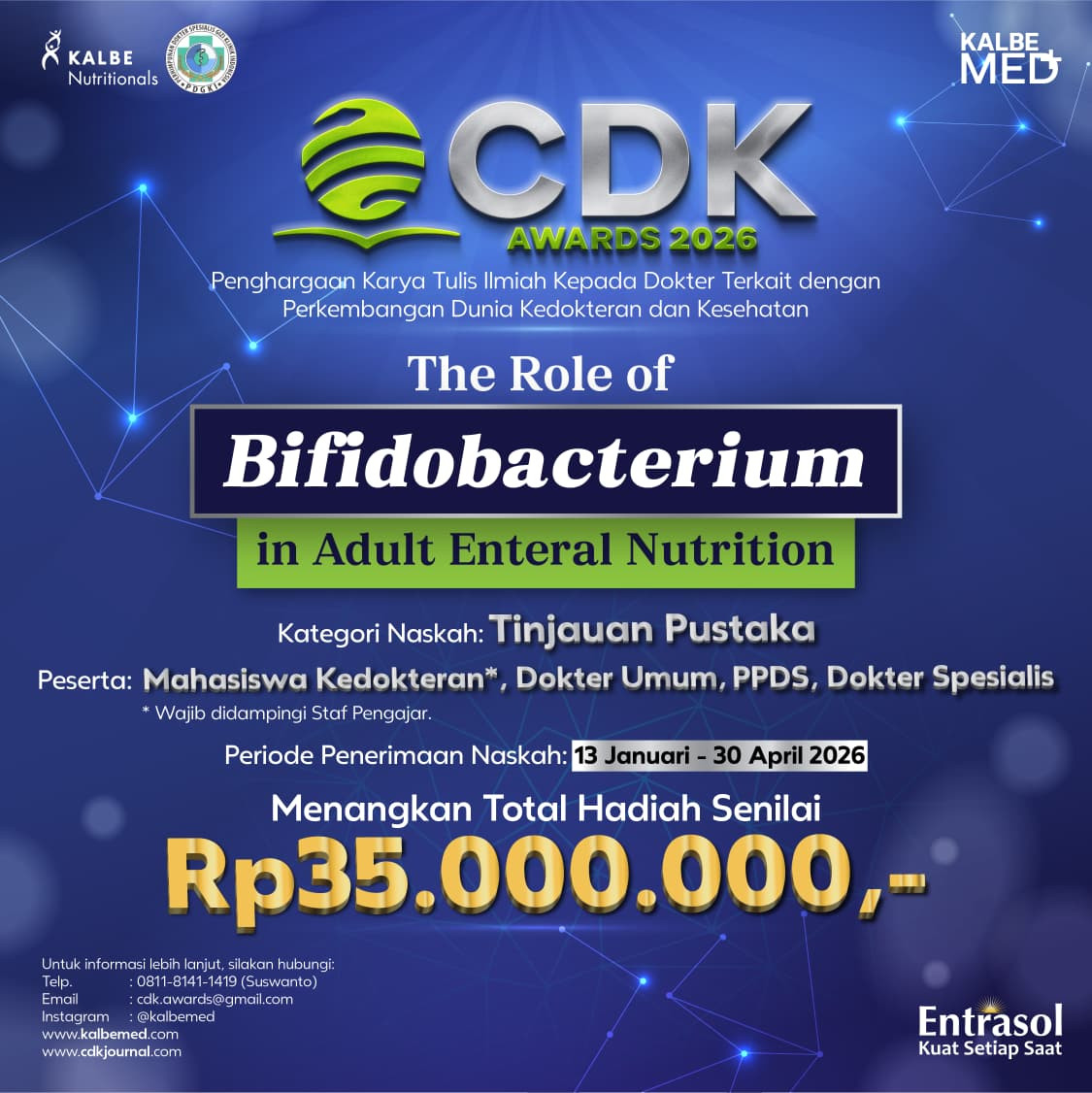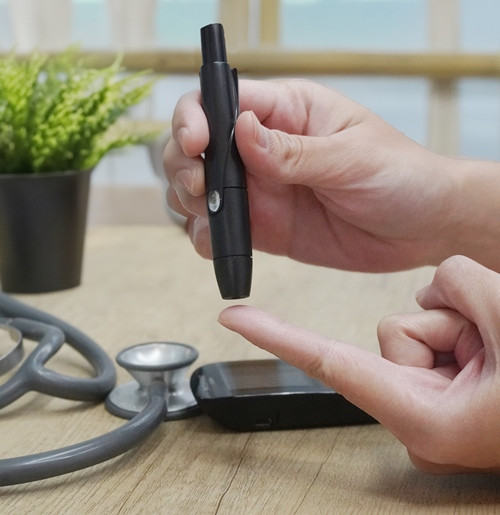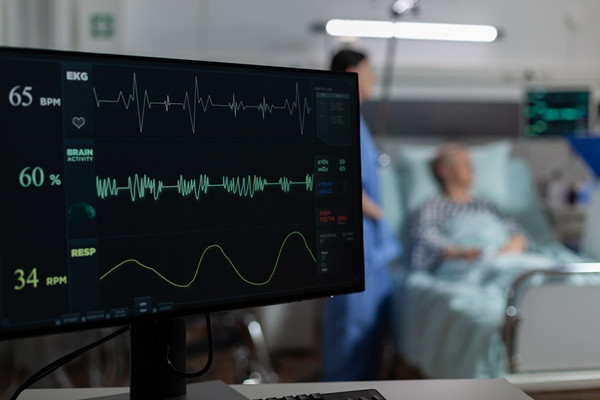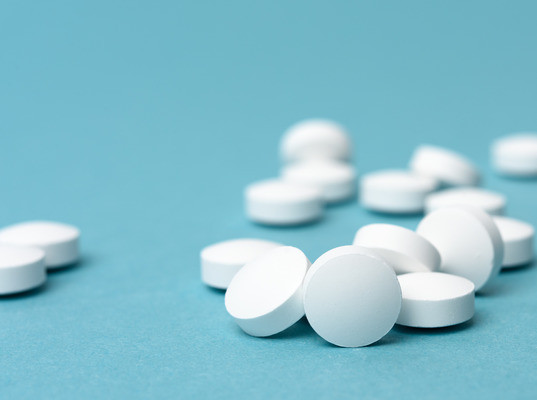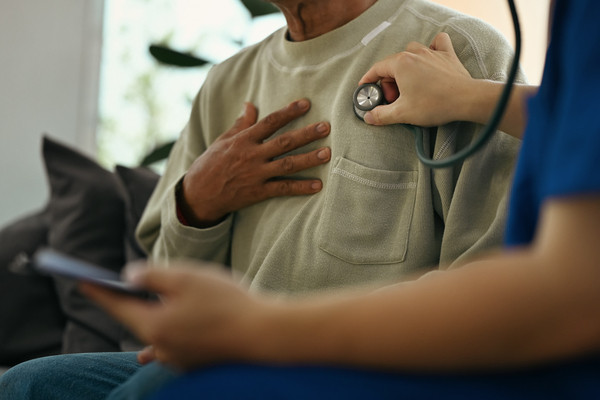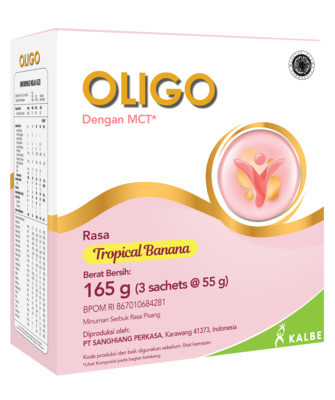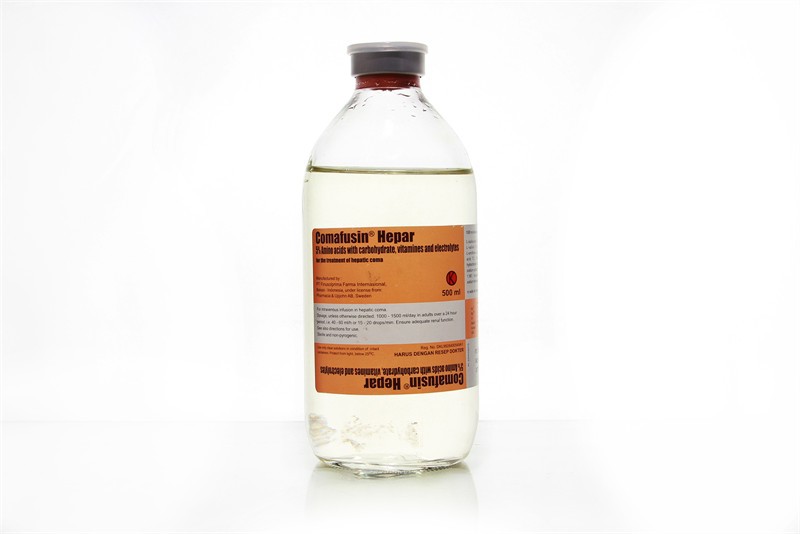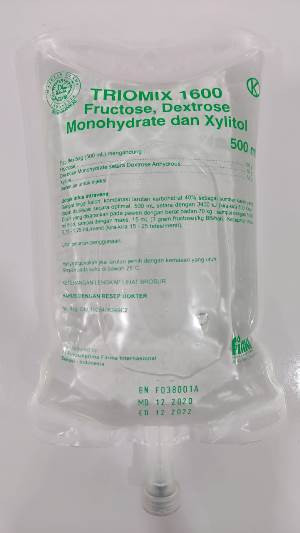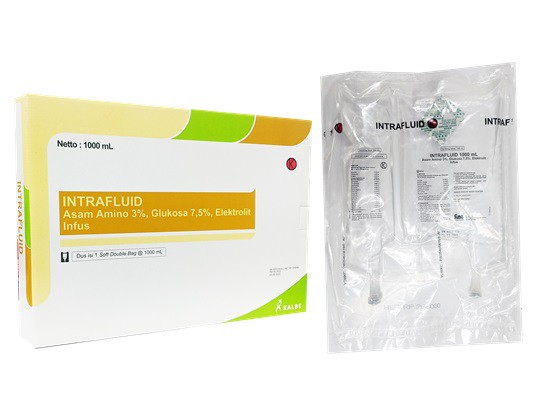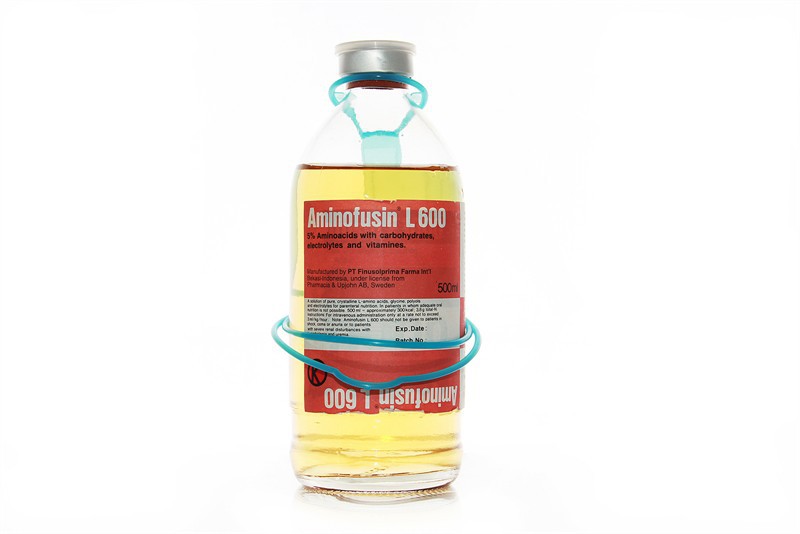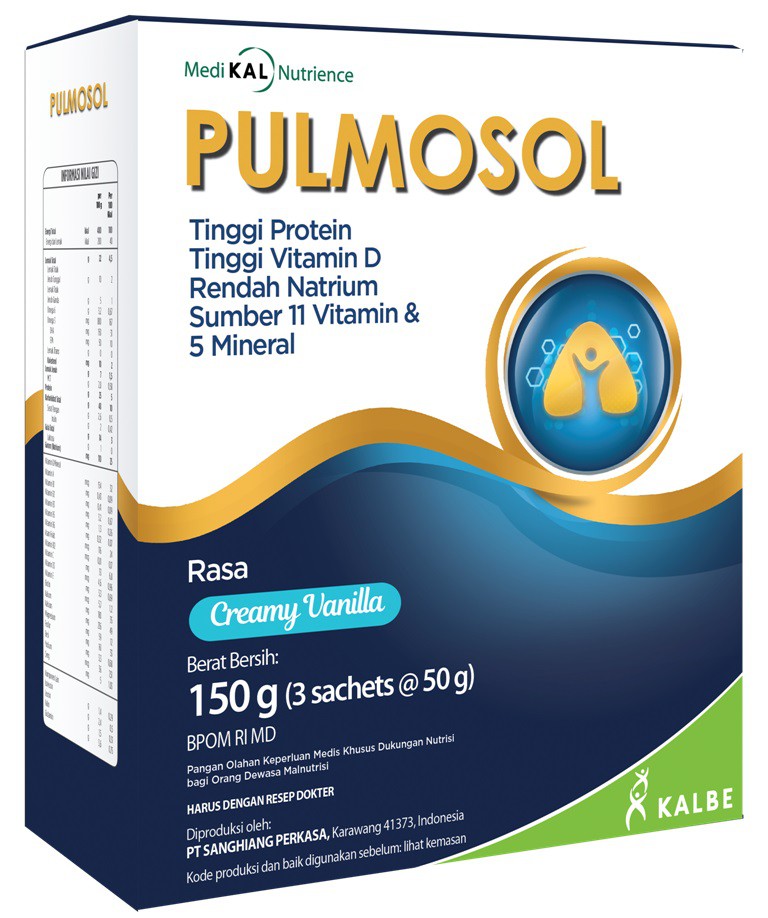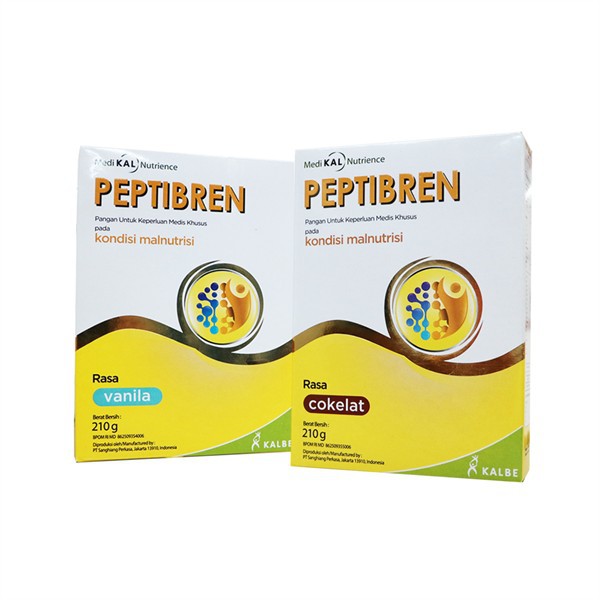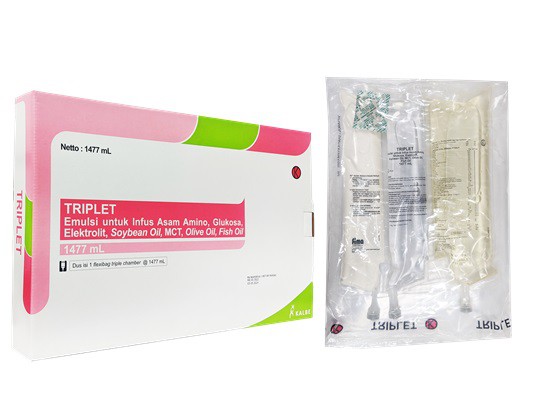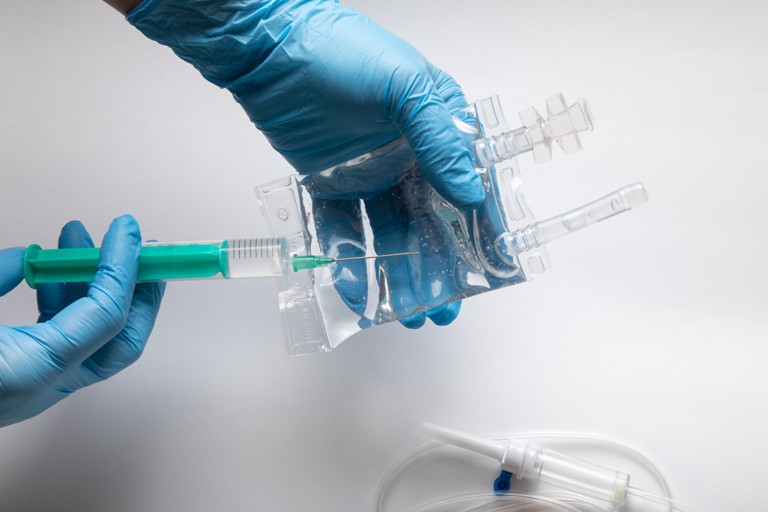
Pasien yang dirawat di ICU biasanya akan mengalami inflamasi, status hiperkatabolik dan produksi senyawa endogen. Hal ini menyebabkan kehilangan energi, protein, dan mikronutrien dengan konsekuensi yang negatif terhadap sistem imun dan pertahanan usus, kontraktilitas diafragma, dan penyembuhan luka yang terhambat. Dukungan nutrisi di ICU melalui nutrisi enteral atau parenteral dapat mencegah terjadinya keseimbangan energi yang negatif.
Berdasarkan guidelines ESPEN tentang pemberian nutrisi pada pasien kritis, terapi nutrisi medical dapat diberikan pada pasien yang dirawat di ICU lebih dari 48 jam.
Jenis nutrien yang diberikan pada pasien yang dirawat di ICU hingga saat ini masih banyak terjadi perdebatan, termasuk pemberian omega 3. Dari beberapa literatur menyebutkan bahwa nutrisi enteral dan parenteral yang diperkaya dengan omega 3 mempunyai efek manfaat pada pasien kritis.
Berikut suatu penelitian yang bertujuan untuk menilai efek kombinasi nutrisi enteral dan parenteral yang diperkaya dengan omega-3 terhadap oksigenasi darah pasien di ICU. Desain dan metodenya adalah satu senter, prospektif, acak, tersamar ganda, dengan jumlah subjek sebanyak 100 pasien ICU dan rentang usianya antara 18-85 tahun yang menggunakan ventilasi mekanik. Subjek dibagi menjadi 2 kelompok secara acak, yaitu kelompok omega-3 (n=50) dan kelompok kontrol tanpa omega-3 (n=50). Pemberiannya dilakukan selama 28 hari. Parameter primer yang dinilai adalah perubahan PaO2/FiO2 dari hari pertama sampai keempat. Sedangkan parameter sekundernya adalah fungsi paru, komplikasi di ICU, lama tinggal di RS, hari bebas perawatan di ICU/ventilator/sedasi/katekolamin, mortalitas, komposisi asam lemak eritrosit, dan parameter inflamasi.
Hasilnya menunjukkan bahwa oksigenasi darah (∆PaO2/FiO2 dari hari pertama sampai keempat: -1,3 ± 83,7, n=42, dan 13,3 ± 86,1, n=39, pada kelompok omega-3 dan kontrol tanpa omega-3, p=0,7795) dan fungsi paru lainnya tidak berbeda antara kedua kelompok, tetapi untuk hari bebas terapi katekolamin secara bermakna lebih tinggi pada kelompok omega-3.
Simpulan:
Pemberian kombinasi nutrisi enteral dan parenteral yang disuplementasi dengan omega-3 tidak dapat memperbaiki fungsi paru, namun dapat lebih cepat berhenti dari terapi katekolamin. Selain itu, suplementasi nutrisi parenteral dapat mencapai target energi yang lebih besar.
Gambar: Ilustrasi (www.pexels.com
Referensi:
Singer P, Bendavid I, Mesilati-Stahy R, Green P, Rigler M, Lev S, et al. Enteral and supplemental parenteral nutrition enriched with omega-3 polyunsaturated fatty acids in intensive care patients - A randomized, controlled, double-blind clinical trial. Clinical Nutrition 2021;40:2544-54.




